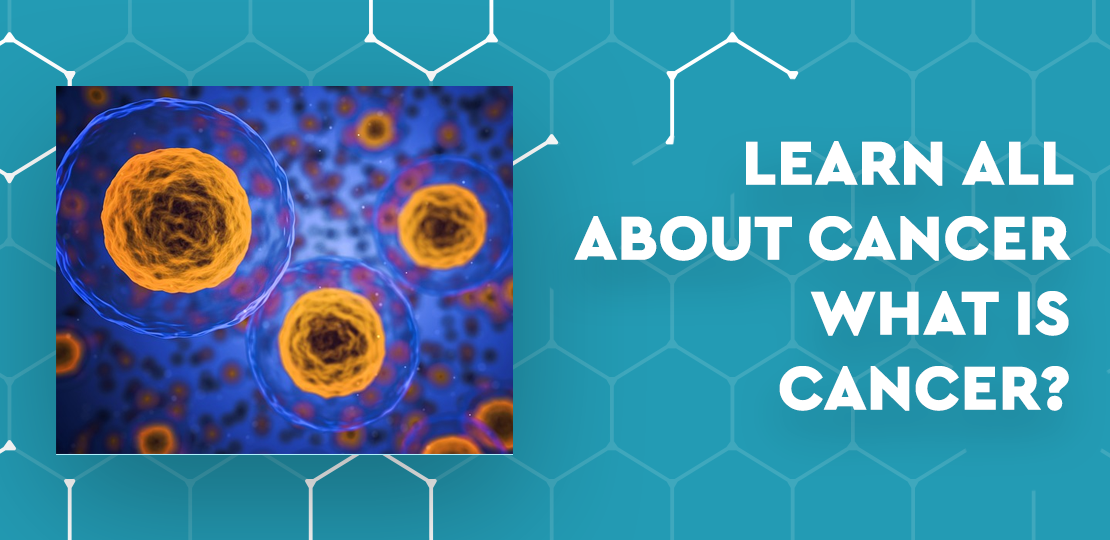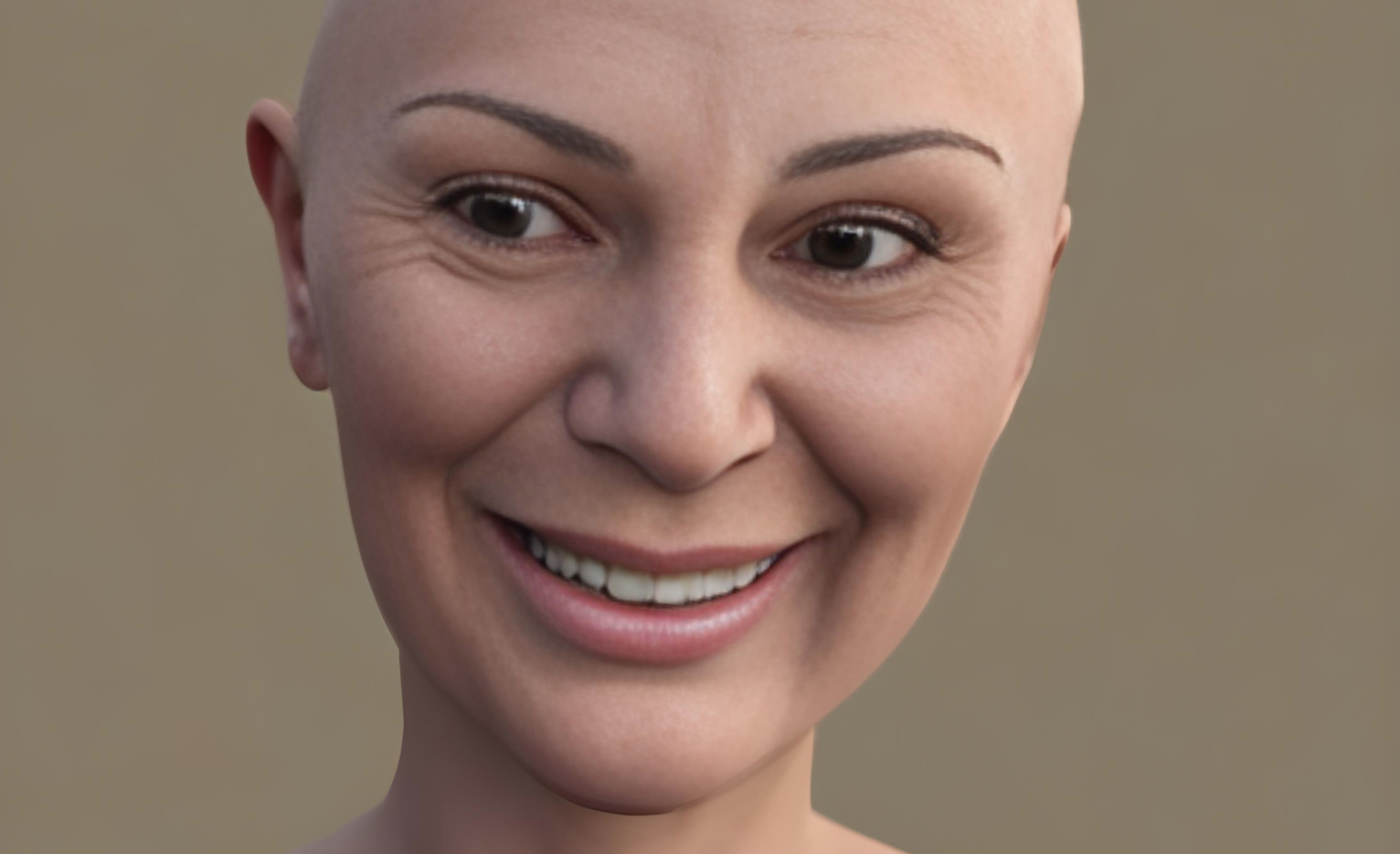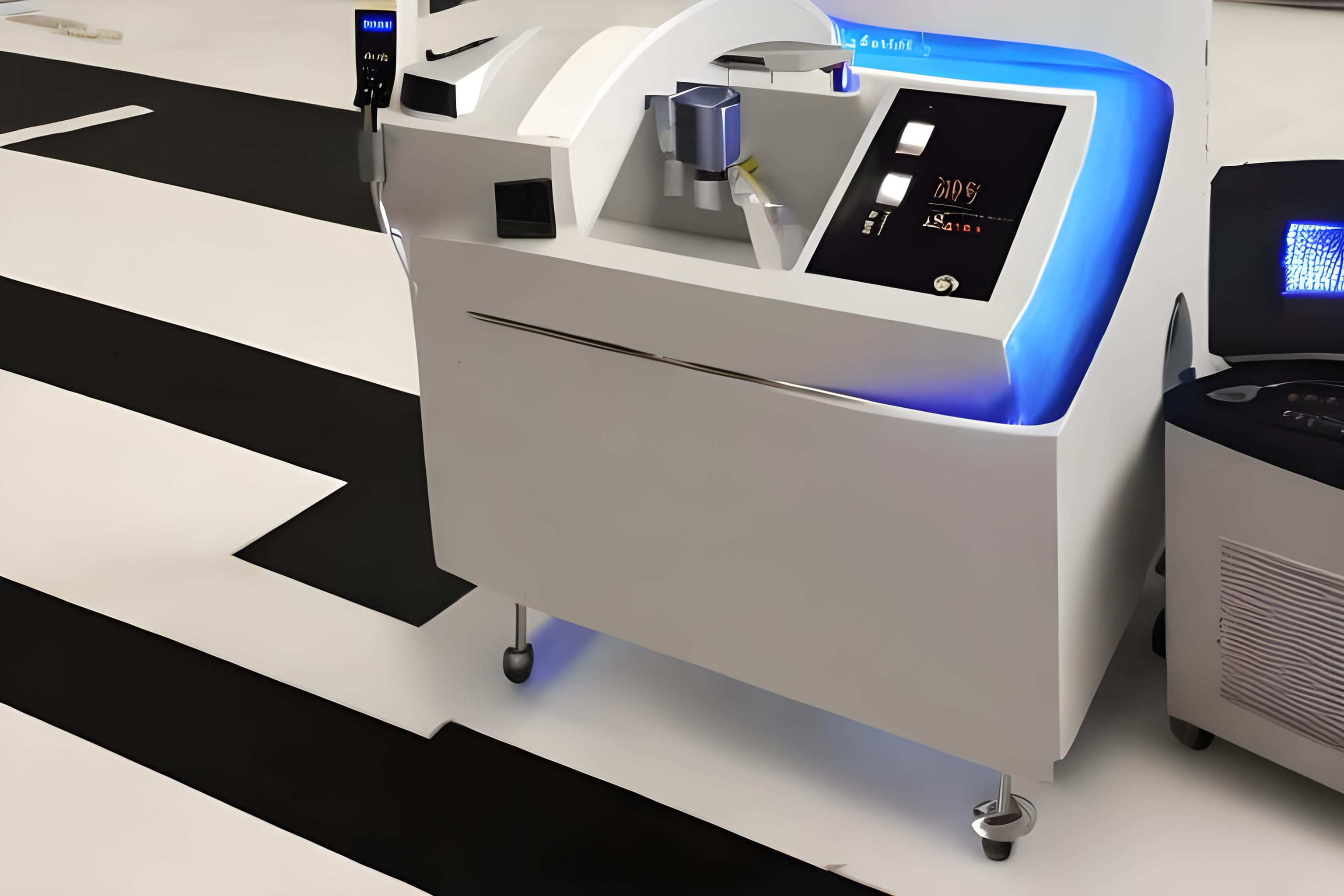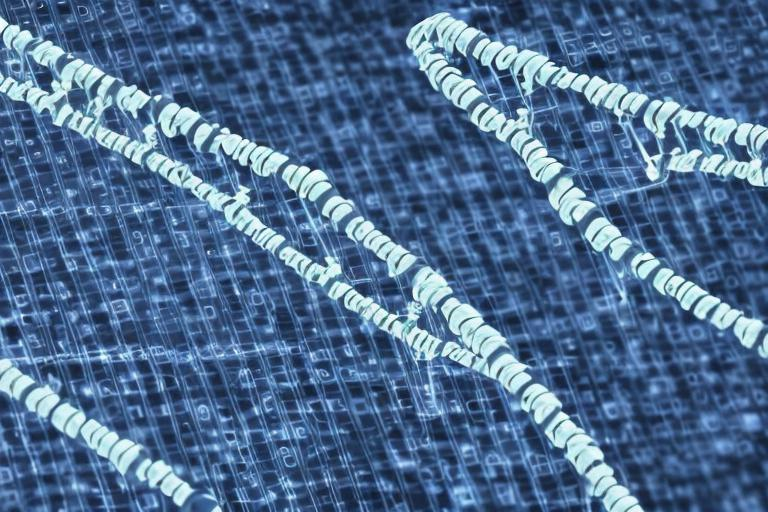
Cancer or malignancy is a collection of tumor or cancerous cells that have different characteristics.
But what exactly is a cancer cell?
It is a transformation of a normal cell in our body into an abnormal cancerous cell that will acquire different characteristics.
The biological steps of this transformation are:
1. Stage one is Initiation.
The normal cell is altered by a certain number of anomalies linked to mutations in DNA.
The mutations are not repaired by the usual processes, the cell becomes abnormal.
2. Stage 2 is Promotion.
This abnormal cell is exposed to growth factors such as sex hormones which will promote its multiplication and the appearance of other identical abnormal cells. These cells will survive in the body and evade the immune system.
3. Stage 3 is progression.
Tumor cells will have local and remote invasion capacities via vessels (lymph nodes and metastases).
There are organized or individual screenings that allow early detection of tumors at a pre-cancerous stage (we speak of dysplasia or adenoma such as colorectal polyps) and thus avoid having cancer.
Organized screenings include mammography for breast cancer, cervical-vaginal smears for cervical cancer, and also the immunological test kit for colorectal cancers.
What are the Characteristics of Cancer Cells:
- They can multiply even in the absence of growth signals. They are self-sufficient for their multiplication.
- They escape programmed cell death: the self-destruction of a normal cell when it detects that it has abnormalities.
- They can send signals to create blood vessels that will bring them oxygen and energy.
- They have invasion capacities at the local level in an organ and at a distance by propagating via the vessels to form metastases.
- They may not be recognized by our anti-tumor immune system.
- They have abnormalities in their DNA (mutations)
Can cancer be linked to genetics?
Yes, but it’s not common.
There are family forms of cancer: in 10% of cases.
For example :
5-10% of breast or ovarian cancers occur due to a genetic pre-disposition syndrome linked to mutations in the BRCA1 or BRCA2 genes.
It is also 5% of colorectal cancers.
We can suspect a genetic form:
• If the diagnosis of cancer was declared before the age of 40 for breast cancer and 50 for colorectal cancer
• Several cases of cancer in the family
• Diagnosis of a second cancer
• Diagnosis of several different cancers in the same person
If suspected, there are specialized oncogenetic consultations that are offered to patients. If the diagnosis is confirmed, screening and prevention measures are put in place for both the patient and his family.
What are the clinical signs that make you suspect cancer?
Set of signs suggestive of a mass: it can be felt or it compresses or invades an organ. She may bleed: coughing up blood or passing blood in the stool.
Set of signs suggestive of an alteration in general condition with unexplained loss of weight, muscles, fatigue, inflammatory signs, fever, and sweats at night.
Cancers can secrete hormones or disrupt the immune system. Even create thrombi in the veins of the legs or lungs and block blood circulation.
When cancer is suspected: imaging, endoscopy, blood tests, and biopsies are carried out with molecular biology analyses if a mass is found.




